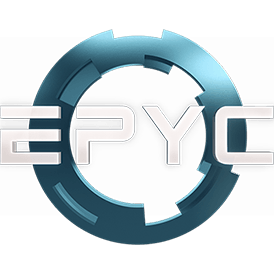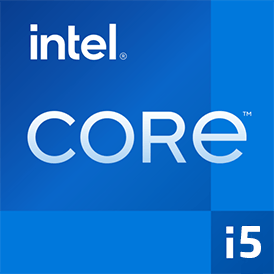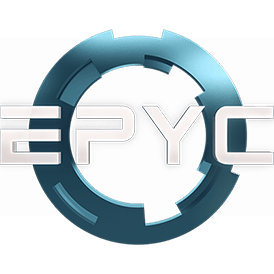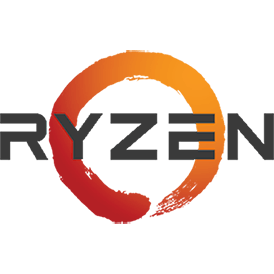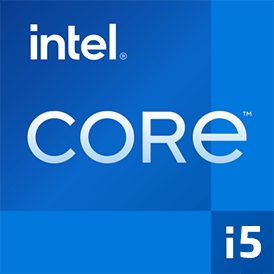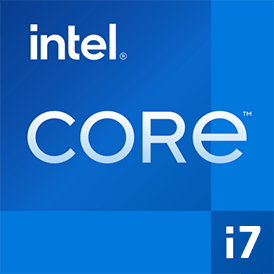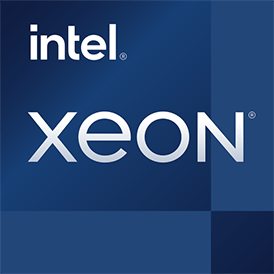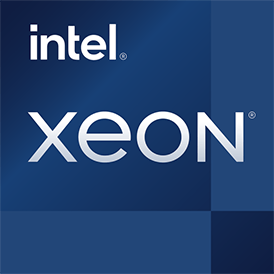Comparison of XFX Radeon RX 5700 Triple Dissipation video card vs Gainward GeForce GTX 1070 Ti Phoenix GS video card by specs and benchmarks. XFX Radeon RX 5700 Triple Dissipation runs at 1.565 GHz+ 7 % base clock speed and has 8 GB of GDDR6 memory, while video card Gainward GeForce GTX 1070 Ti Phoenix GS runs at 1.565 GHz+ 7 % base clock speed and has 8 GB of GDDR5 memory. The weight is different, -- vs --. The TDP of the first video card is 180 W, and the second is 180 W . Compare the benchmark results to find out which video card is better.


 Russian
Russian  Germany
Germany  Portuguese
Portuguese  Italian
Italian  French
French  Japan
Japan  Spanish
Spanish  Polish
Polish  Chinese
Chinese 

